
For long time I have been using a good old nvidia GeForce GTX 1050 for my display and deep learning needs. I reported a few times how to get Tensorflow running on Debian/Sid, see
here and
here. Later on I
switched to AMD GPU in the hope that an open source approach to both GPU driver as well as deep learning (ROCm) would improve the general experience. Unfortunately it turned out that AMD GPUs are generally not ready for deep learning usage.
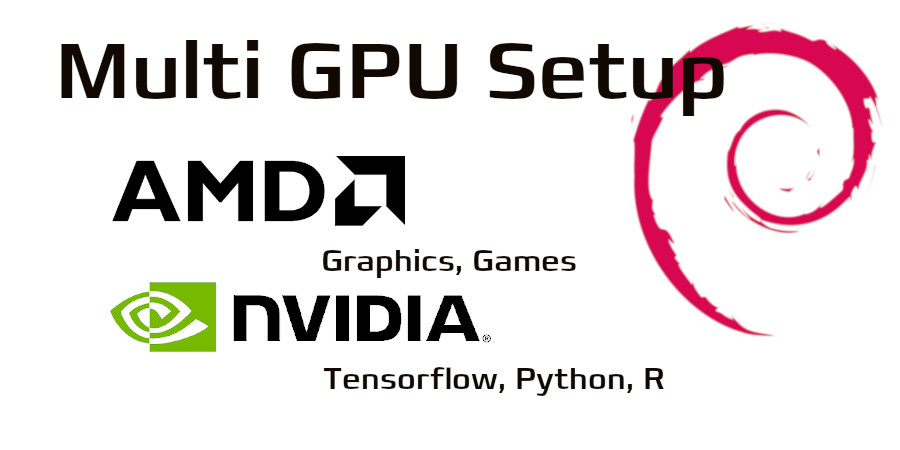
The problems with AMD and
ROCm are far and wide. First of all, it seems that for anything more complicated then simple stuff, AMD s flagship RX 5700(XT) and all GFX10 (Navi) based cards are
not(!!!) supported in ROCm. Yes, you read correct AMD does not support 5700(XT) cards in the ROCm stack. Some simple stuff works, but nothing for real computations.
Then, even IF they would support, ROCm as distributed is currently a huge pain in the butt. The source code is a huge mess, and building usable packages from it is probably possible, but quite painful (I am member of the ROCm packaging team in Debian, and have tried many hours). And the packages provided by AMD are not installable on Debian/sid due to library incompatibilities.
So that left me with a bit a problem: for work I need to train quite some neural networks, do model selection, etc. Doing this on a CPU is a bit a burden. So at the end I decided to put the nVidia card back into the computer (well, after moving it to a bigger case but that is a different story to tell). Here are the steps I did to get both cards working for their respective target: AMD GPU for driving the console and X (and games!), and the nVidia card doing the deep learning stuff (tensorflow using the GPU).
Starting point
Starting point was a working AMD GPU installation. The AMD GPU is also the first GPU card (top slot) and thus the one that is used by the BIOS and the Linux console. If you want the video output on the second card you need to trick, and probably don t have console output, etc etc. So not a solution for me.
Installing libcuda1 and the nvidia kernel drivers
Next step was installing the
libcuda1 package:
This installs a lot of stuff, including the nvidia drivers, GLX libraries, alternatives setup, and
update-glx tool and package.
The kernel module should be built and installed automatically for your kernel.
Installing CUDA
Follow more or less the instructions
here and do
wget -O- https://developer.download.nvidia.com/compute/cuda/repos/ubuntu1804/x86_64/7fa2af80.pub sudo tee /etc/apt/trusted.gpg.d/nvidia-cuda.asc
echo "deb http://developer.download.nvidia.com/compute/cuda/repos/ubuntu1804/x86_64/ /" sudo tee /etc/apt/sources.list.d/nvidia-cuda.list
sudo apt-get update
sudo apt-get install cuda-libraries-10-1
Warning! At the moment Tensorflow packages require CUDA 10.1, so don t install the 10.0 version.
This might change in the future!
This will install lots of libs into
/usr/local/cuda-10.1 and add the respective directory to the ld.so path by creating a file
/etc/ld.so.conf.d/cuda-10-1.conf.
Install CUDA CuDNN
One difficult to satisfy dependency are the CuDNN libraries. In our case we need the version 7 library for CUDA 10.1. To download these files one needs to have a
NVIDIA developer account, which is quick and painless. After that go to the
CuDNN page where one needs to select
Archived releases and then
Download cuDNN v7.N.N (xxxx NN, YYYY), for CUDA 10.1 and then
cuDNN Runtime Library for Ubuntu18.04 (Deb).
At the moment (as of today) this will download a file
libcudnn7_7.6.5.32-1+cuda10.1_amd64.deb which needs to be installed with
dpkg -i libcudnn7_7.6.5.32-1+cuda10.1_amd64.deb.
Updating the GLX setting
Here now comes the very interesting part one needs to set up the GLX libraries. Reading the output of
update-glx --help and then the output of
update-glx --list glx:
$ update-glx --help
update-glx is a wrapper around update-alternatives supporting only configuration
of the 'glx' and 'nvidia' alternatives. After updating the alternatives, it
takes care to trigger any follow-up actions that may be required to complete
the switch.
It can be used to switch between the main NVIDIA driver version and the legacy
drivers (eg: the 304 series, the 340 series, etc).
For users with Optimus-type laptops it can be used to enable running the discrete
GPU via bumblebee.
Usage: update-glx <command>
Commands:
--auto <name> switch the master link <name> to automatic mode.
--display <name> display information about the <name> group.
--query <name> machine parseable version of --display <name>.
--list <name> display all targets of the <name> group.
--config <name> show alternatives for the <name> group and ask the
user to select which one to use.
--set <name> <path> set <path> as alternative for <name>.
<name> is the master name for this link group.
Only 'nvidia' and 'glx' are supported.
<path> is the location of one of the alternative target files.
(e.g. /usr/lib/nvidia)
$ update-glx --list glx
/usr/lib/mesa-diverted
/usr/lib/nvidia
I was tempted into using
update-glx --config glx /usr/lib/mesa-diverted
because at the end the Mesa GLX libraries should be used to drive the display via the AMD GPU.
Unfortunately, with this neither the nvidia kernel module was loaded, the nvidia persistenced couldn t run because the library
libnvidia-cfg1 wasn t found (not sure it was needed at all ), and with that also no way to run tensorflow on GPU.
So what I did I tried
(which is the same as
update-glx --config glx /usr/lib/nvidia), and rebooted, and decided to check afterwards what is broken.
To my big surprise, the AMD GPU still worked out of the box, including direct rendering, and the games I tried (Overload, Supraland via Wine) all worked without a hinch.
Not that I really understand why the GLX libraries that are seemingly now in use are from nvidia but work the same (if anyone has an explanation, that would be great!), but since I haven t had any problems till now, I am content.
Checking GPU usage in tensorflow
Make sure that you remove tensorflow-rocm and reinstall tensorflow with GPU support:
pip3 uninstall tensorflow-rocm
pip3 install --upgrade tensorflow-gpu
After that a simple
$ python3 -c "import tensorflow as tf;print(tf.reduce_sum(tf.random.normal([1000, 1000])))"
....(lots of output)
2020-09-02 11:57:04.673096: I tensorflow/core/common_runtime/gpu/gpu_device.cc:1402] Created TensorFlow device (/job:localhost/replica:0/task:0/device:GPU:0 with 3581 MB memory) -> physical GPU (device: 0, name: GeForce GTX 1050 Ti, pci bus id: 0000:05:00.0, compute capability: 6.1)
tf.Tensor(1093.4915, shape=(), dtype=float32)
$
should indicate that the GPU is used by tensorflow!
The R Keras package should also work out of the box and pick up the system-wide tensorflow which in turn picks the GPU, see
this post for example code to run for tests.
Conclusion
All in all it was easier than expected, despite the dances one has to do for nvidia to get the correct libraries. What still puzzles me is the selection option in update-glx, and might need a better support for secondary nvidia GPU cards.
 Lots of time has passed since the last status update, and Debian is going into pre-release freeze, so let us report a bit about the most recent changes: Debian/bullseye will have Plasma 5.20.5, Frameworks 5.78, Apps 20.12. Debian/experimental already carries Plasma 5.21 and Frameworks 5.79, and that is also the level at the OSC builds.
Lots of time has passed since the last status update, and Debian is going into pre-release freeze, so let us report a bit about the most recent changes: Debian/bullseye will have Plasma 5.20.5, Frameworks 5.78, Apps 20.12. Debian/experimental already carries Plasma 5.21 and Frameworks 5.79, and that is also the level at the OSC builds.
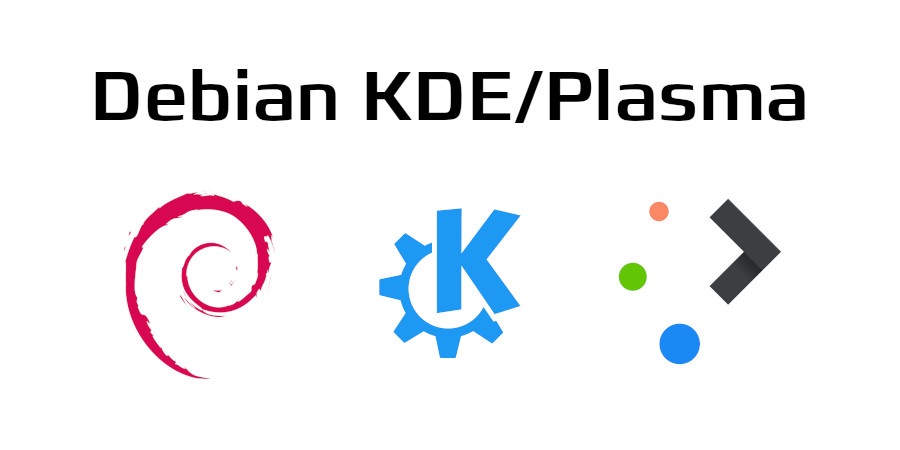 Debian Bullseye
We are in soft freeze now, and only targeted fixes are allowed, but Bullseye is carrying a good mixture consisting of the KDE Frameworks 5.78, including several backports of fixes from 5.79 to get smooth operation. Plasma 5.20.5, again with several cherry picks for bugs will be in Bullseye, too. The KDE/Apps are mostly at 20.12 level, and the KDE PIM group packages (akonadi, kmail, etc) are at 20.08.
Debian experimental
In the last days I have uploaded frameworks 5.79 and Plasma 5.21 to Debian/experimental. For Plasma there is still some NEW processing to be done, but in due time the packages will be available and installable from experimental.
OBS packages
The OBS packages as usual follow the latest release, and currently ship KDE Frameworks 5.79, KDE Apps 20.12.2, and Plasma 5.21.0. The package sources are as usual (note the different path for the Plasma packages and the App packages, containing the release version!), for Debian/unstable:
Debian Bullseye
We are in soft freeze now, and only targeted fixes are allowed, but Bullseye is carrying a good mixture consisting of the KDE Frameworks 5.78, including several backports of fixes from 5.79 to get smooth operation. Plasma 5.20.5, again with several cherry picks for bugs will be in Bullseye, too. The KDE/Apps are mostly at 20.12 level, and the KDE PIM group packages (akonadi, kmail, etc) are at 20.08.
Debian experimental
In the last days I have uploaded frameworks 5.79 and Plasma 5.21 to Debian/experimental. For Plasma there is still some NEW processing to be done, but in due time the packages will be available and installable from experimental.
OBS packages
The OBS packages as usual follow the latest release, and currently ship KDE Frameworks 5.79, KDE Apps 20.12.2, and Plasma 5.21.0. The package sources are as usual (note the different path for the Plasma packages and the App packages, containing the release version!), for Debian/unstable:
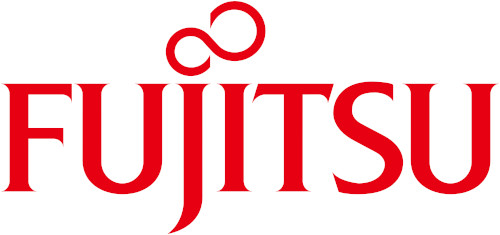 My job will comprise, besides other things, research and development in machine learning, open source strategies, development of and representation of Fujitsu in the scikit-learn consortium. We are doing a lot of topological data analysis, so if you are interested in these kinds of topics, don t hesitate to contact me.
I am still settling into a completely new world of big and Japanese company with lots of on-boarding seminars, applications, paper work, meetings, but I am looking forward to start the actual work as soon as possible.
As a long long time Linux user, I am a bit in trouble now, since everything in Fujitsu requires Windows it seems. I will try hard to improve this situation including my dream of having Fujitsu machines with pre-installed Debian on it
My job will comprise, besides other things, research and development in machine learning, open source strategies, development of and representation of Fujitsu in the scikit-learn consortium. We are doing a lot of topological data analysis, so if you are interested in these kinds of topics, don t hesitate to contact me.
I am still settling into a completely new world of big and Japanese company with lots of on-boarding seminars, applications, paper work, meetings, but I am looking forward to start the actual work as soon as possible.
As a long long time Linux user, I am a bit in trouble now, since everything in Fujitsu requires Windows it seems. I will try hard to improve this situation including my dream of having Fujitsu machines with pre-installed Debian on it 
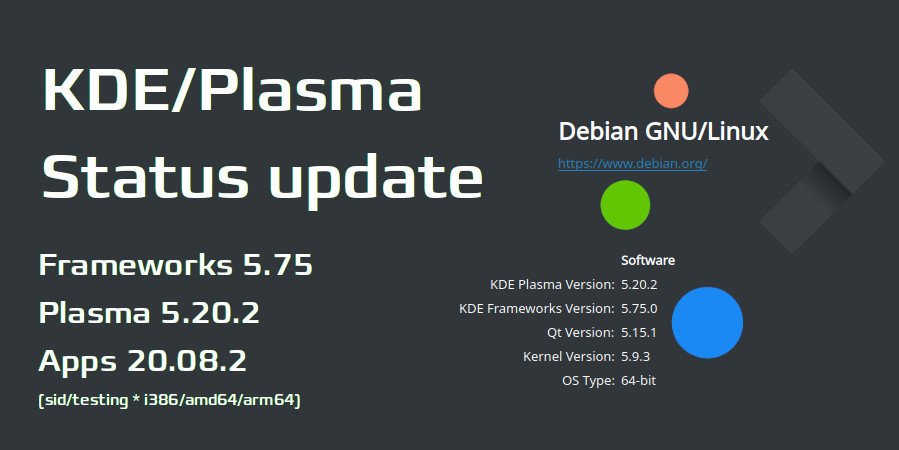 Thanks to the dedicated work of the Qt maintainers, Qt 5.15 has finally entered Debian/unstable and we can finally target Plasma 5.20.
OBS packages
The OBS packages as usual follow the latest release, and currently ship KDE Frameworks 5.75, KDE Apps 20.08.2, and new, Plasma 5.20.2. The package sources are as usual (note the different path for the Plasma packages and the App packages, containing the release version!), for Debian/unstable:
Thanks to the dedicated work of the Qt maintainers, Qt 5.15 has finally entered Debian/unstable and we can finally target Plasma 5.20.
OBS packages
The OBS packages as usual follow the latest release, and currently ship KDE Frameworks 5.75, KDE Apps 20.08.2, and new, Plasma 5.20.2. The package sources are as usual (note the different path for the Plasma packages and the App packages, containing the release version!), for Debian/unstable:
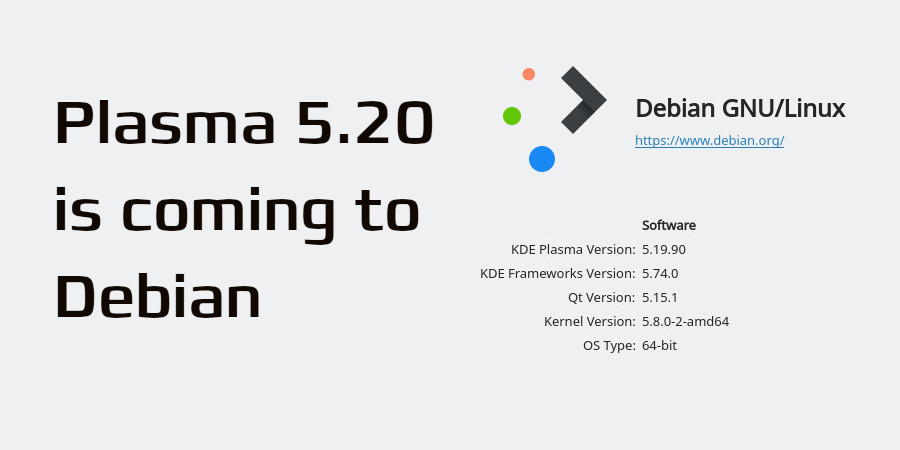 There are lots of new features mentioned in the
There are lots of new features mentioned in the  I have been providing builds of KDE related packages since quite some time now, see everything posted under the
I have been providing builds of KDE related packages since quite some time now, see everything posted under the 
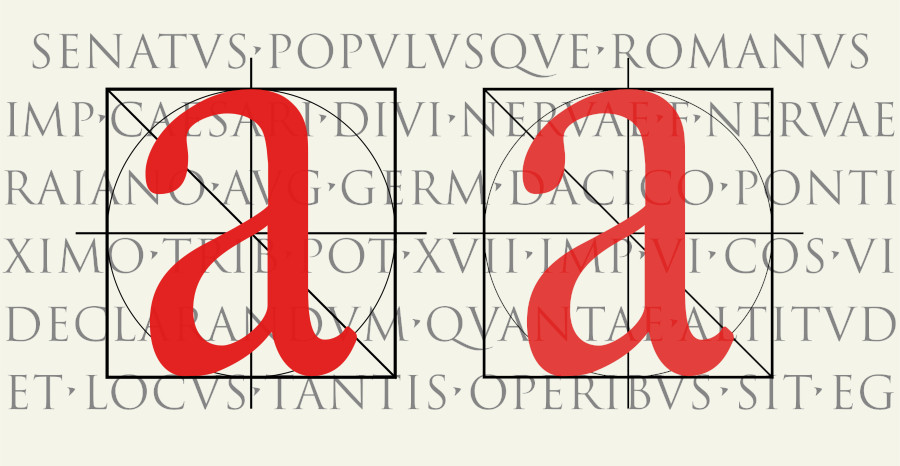 This creates problems because Color to Alpha works in
This creates problems because Color to Alpha works in  The problems with AMD and
The problems with AMD and  After a short introduction by Hong Phuc we turned to a self-introduction and what is equality for me round. This brought up already a wide variety of issues that need to be addressed if we want to counter inequality in free software (culture differences, language barriers, internet connection, access to services, onboarding difficulties, political restrictions, ).
Unfortunately, on-air time was rather restricted, but even after the DebConf related streaming time slot was finished, we continued discussing problems and possible approaches for another two hours. We have agreed to continue our collaboration and meetings in the hope that we, in particular the FOSSASIA community, can support those in need to counter inequality.
Concluding, I have to say I am very happy to be part of the FOSSASIA community where real diversity is lived and everyone strives for and tries to increase social equality. In the DebConf IRC chat I was asked why at FOSSASIA we have about a 50:50 quote between women and men, in contrast to the usual 10:90 predominant in most software communities including Debian. For me this boils down to many reasons, one being competent female leadership, Hong Phuc is inspiring and competent to a degree I haven t seen in anyone else. Another reason is of course that software development is, especially in developing countries, one of the few escape pods for any gender, and thus fully embraced by normally underrepresented groups. Finally, but this is a typical chicken-egg problem, the FOSSASIA community is not doing any specific gender politics, but simply remains open and friendly to everyone. I think Debian, and in particular the diversity movement in Debian can learn a lot from the FOSSASIA community. At the end we are all striving for more equality in our projects and in the realm of free software as a whole!
Thanks again for all the participants for the very inspiring discussion, and I am looking forward to our next meetings!
After a short introduction by Hong Phuc we turned to a self-introduction and what is equality for me round. This brought up already a wide variety of issues that need to be addressed if we want to counter inequality in free software (culture differences, language barriers, internet connection, access to services, onboarding difficulties, political restrictions, ).
Unfortunately, on-air time was rather restricted, but even after the DebConf related streaming time slot was finished, we continued discussing problems and possible approaches for another two hours. We have agreed to continue our collaboration and meetings in the hope that we, in particular the FOSSASIA community, can support those in need to counter inequality.
Concluding, I have to say I am very happy to be part of the FOSSASIA community where real diversity is lived and everyone strives for and tries to increase social equality. In the DebConf IRC chat I was asked why at FOSSASIA we have about a 50:50 quote between women and men, in contrast to the usual 10:90 predominant in most software communities including Debian. For me this boils down to many reasons, one being competent female leadership, Hong Phuc is inspiring and competent to a degree I haven t seen in anyone else. Another reason is of course that software development is, especially in developing countries, one of the few escape pods for any gender, and thus fully embraced by normally underrepresented groups. Finally, but this is a typical chicken-egg problem, the FOSSASIA community is not doing any specific gender politics, but simply remains open and friendly to everyone. I think Debian, and in particular the diversity movement in Debian can learn a lot from the FOSSASIA community. At the end we are all striving for more equality in our projects and in the realm of free software as a whole!
Thanks again for all the participants for the very inspiring discussion, and I am looking forward to our next meetings!
